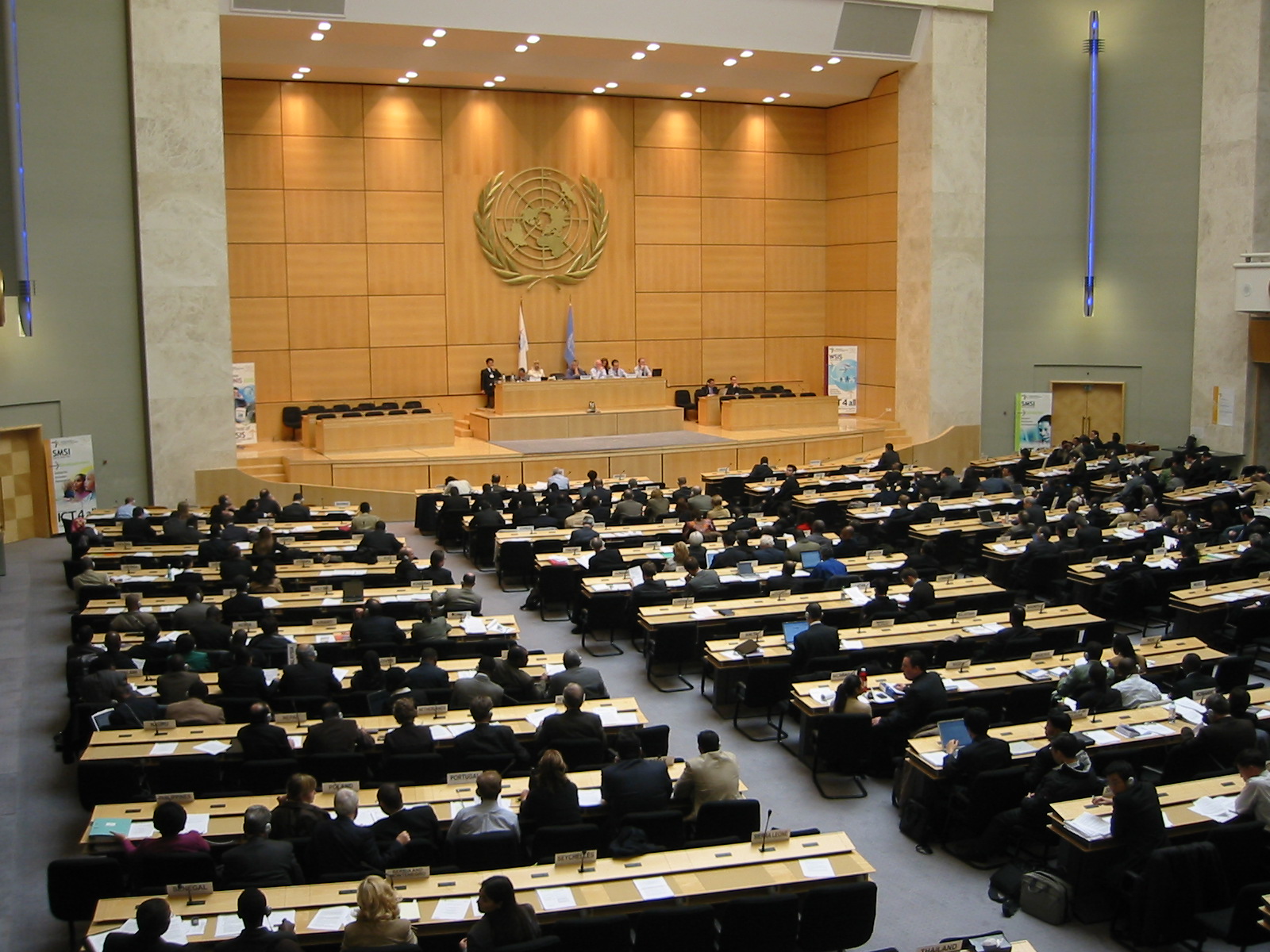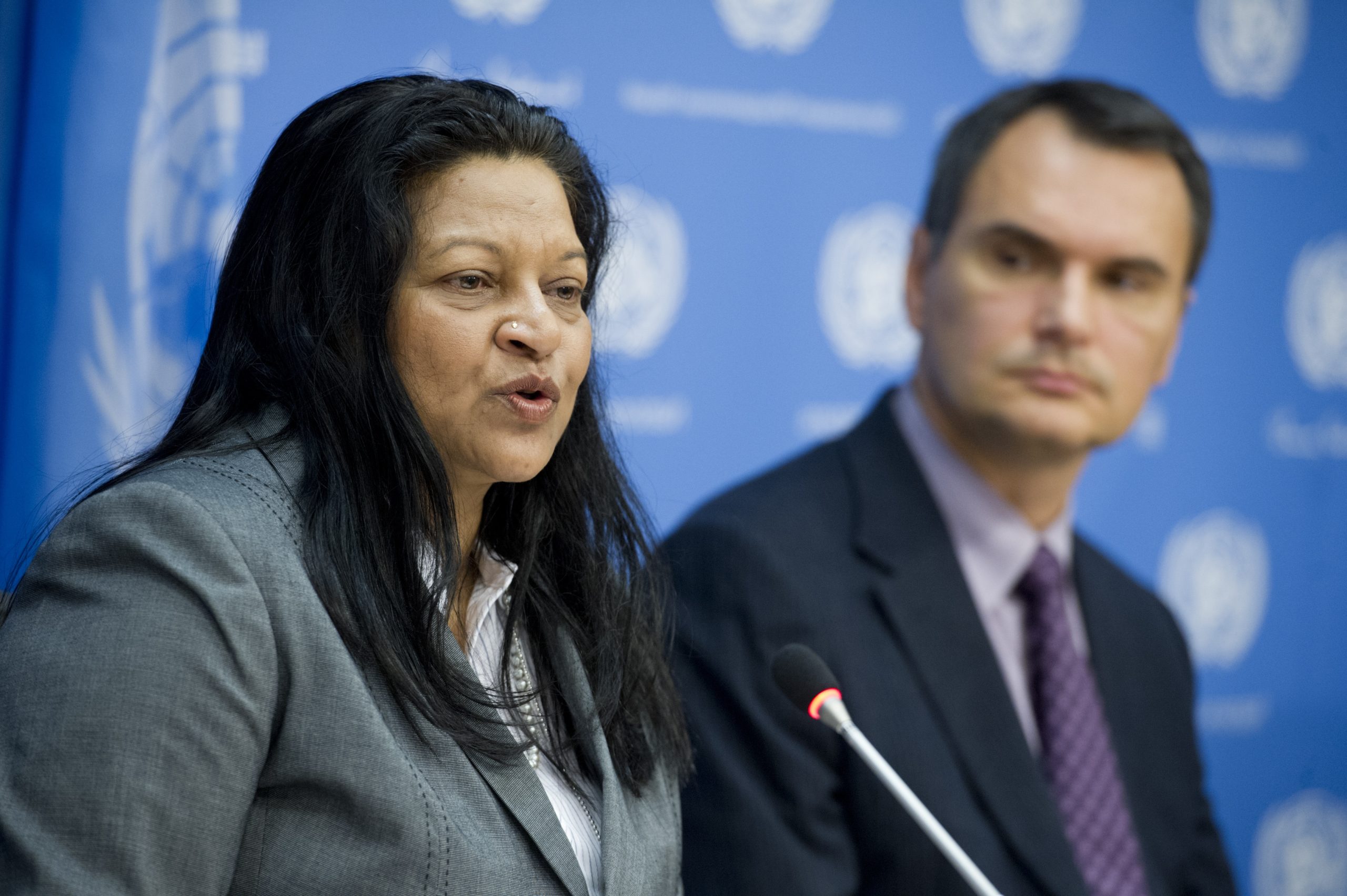The African human rights system plays an important role to advance human rights on the continent because of the opportunities it offers as follows:
- Its proximity to the people on the continent;
- The content of its seminal document, that is, the African Charter on Human and Peoples’ rights, which covers a vast spectrum of rights i.e., civil and political rights, as well as economic and social rights, and also collective rights;
- The crucial two-pronged role of the African Commission on Human and Peoples’ Rights (ACHPR) that is, to promote human rights by conducting studies, collecting documents, disseminating information, making recommendations and adopting ‘soft law’ on a number of issues, such as the ESCR Guidelines; and to protect individuals’ human rights, through the examination of state reports, and taking decisions on communications brought for its consideration in the context of violations of Charter-based rights;
- Its promotion of positive African values.
However, there still remain lot to be done, by the Commission, States and NGOs to ensure that the system, that is the foundational document as well as the monitoring and implementation bodies, get to be better known and used by all African citizens, from Asmara to Abidjan and from Cape Town to Cairo, and everywhere in between.
In the case of Eritrea, the ACHPR has done a commendable task in keeping the country under review and this despite the fact that Eritrea has not submitted any report to the ACHPR as is required by a State party to the African Charter. It has about seven overdue reports, and has not granted access to the ACHPR despite repeated requests for country visits.
Though the following two cases have been decided by the ACHPR, the authorities have not implemented the decisions:
- In 2003, the Commission, pronouncing itself on the case of the 11 former Eritrean government officials detained in 2001, stated that Eritrea violated articles 2, 6, 7(1) and 9(2) of the African Charter. The Commission urged the Government to immediately release and compensate the detainees (250/02: Liesbeth Zegveld and Mussie Ephrem / Eritrea).
- Also in 2003, the African Commission reviewed the case of 18 journalists detained without trial since 2001. It ruled that Eritrea was violating articles 1, 5, 6, 7(1), 9 and 18 of the African Charter. The Commission urged a fair trial for the detainees and called on the Government to lift the ban on free press (Article 19 v Eritrea (Communication 275/2003) which was decided at the 41st ordinary session, May 2007, 22nd Activity Report Incommunicado detention of 18 journalists since 2001).
These decisions have been ignored by the Eritrean authorities and the people concerned in the cases are still being held incommunicado, without access to family, lawyers or doctors. There are allegations that some may have died in custody.
In my own engagement with the ACHPR I have brought up the issue of these two unimplemented cases as well as updating the Commissioners of the current human rights situation in Eritrea.
The UN Human Rights Council encourages its special procedures mandate holders to establish and maintain contacts with regional human rights mechanisms working on issues related to their mandate, with a view to ensure exchange of information, co-ordination and mutual support in common areas of work.
In January 2012, the special procedures of both the Human Rights Council and the ACHPR adopted a road map to enhance their collaboration following a meeting in Addis Ababa, Ethiopia. They agreed to regularly and systematically exchange information, consider joint actions including country visits, public statements, press releases, awareness-raising occasions and participate in each other’s events and thematic research. Through attending the ACHPR my intention is to give effect to this agreement.
The best way that the different components of the African human rights system (and here I am including the Committee of Experts on the Rights and Welfare of the Child) could play their part in promoting and protecting human rights in Eritrea would be to ensure that:-
- Eritrea complies with its obligations to present periodic reports to them for examination;
- They ask for country visits to assess the situation of human rights in-country;
- They monitor the implementation of any decisions that they took in cases of human rights brought before them against Eritrea.
As for collaboration with the UN, the roadmap mentioned above is a good starting point in terms of collaboration on human rights issues.
The mandate of the Special Rapporteur on the human rights situation in Eritrea was created in July 2012, to monitor, analyse and report on a while array of human rights issues in Eritrea. Sheila B.Keetharuth took up the mandate as the first Special Rapporteur on 1 November 2012. She is committed to giving a voice to Eritreans who have experienced human rights violations directly or indirectly. She considers the mandate as a space for all, including the Eritrean authorities, to engage constructively on human rights in Eritrea.




